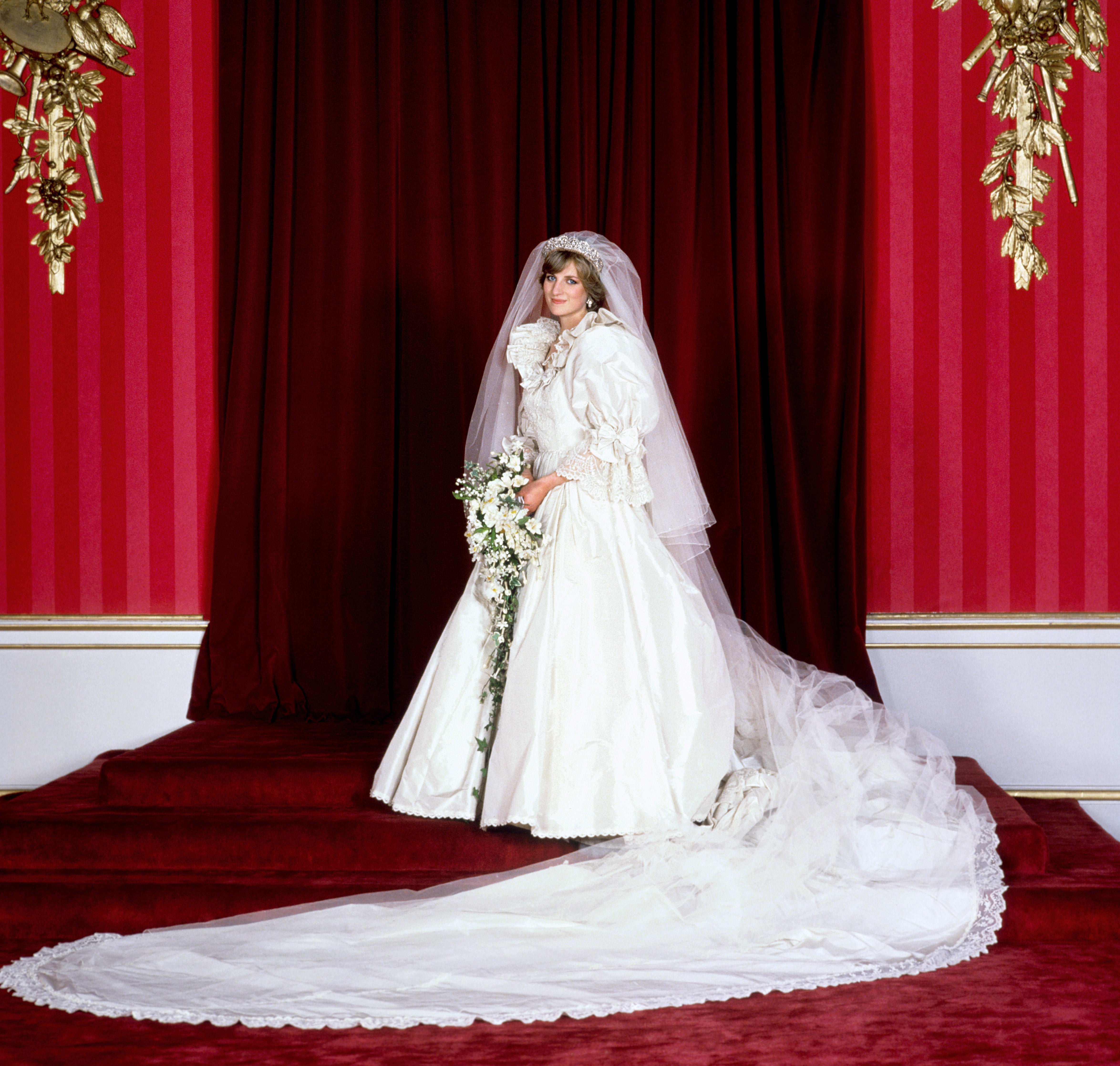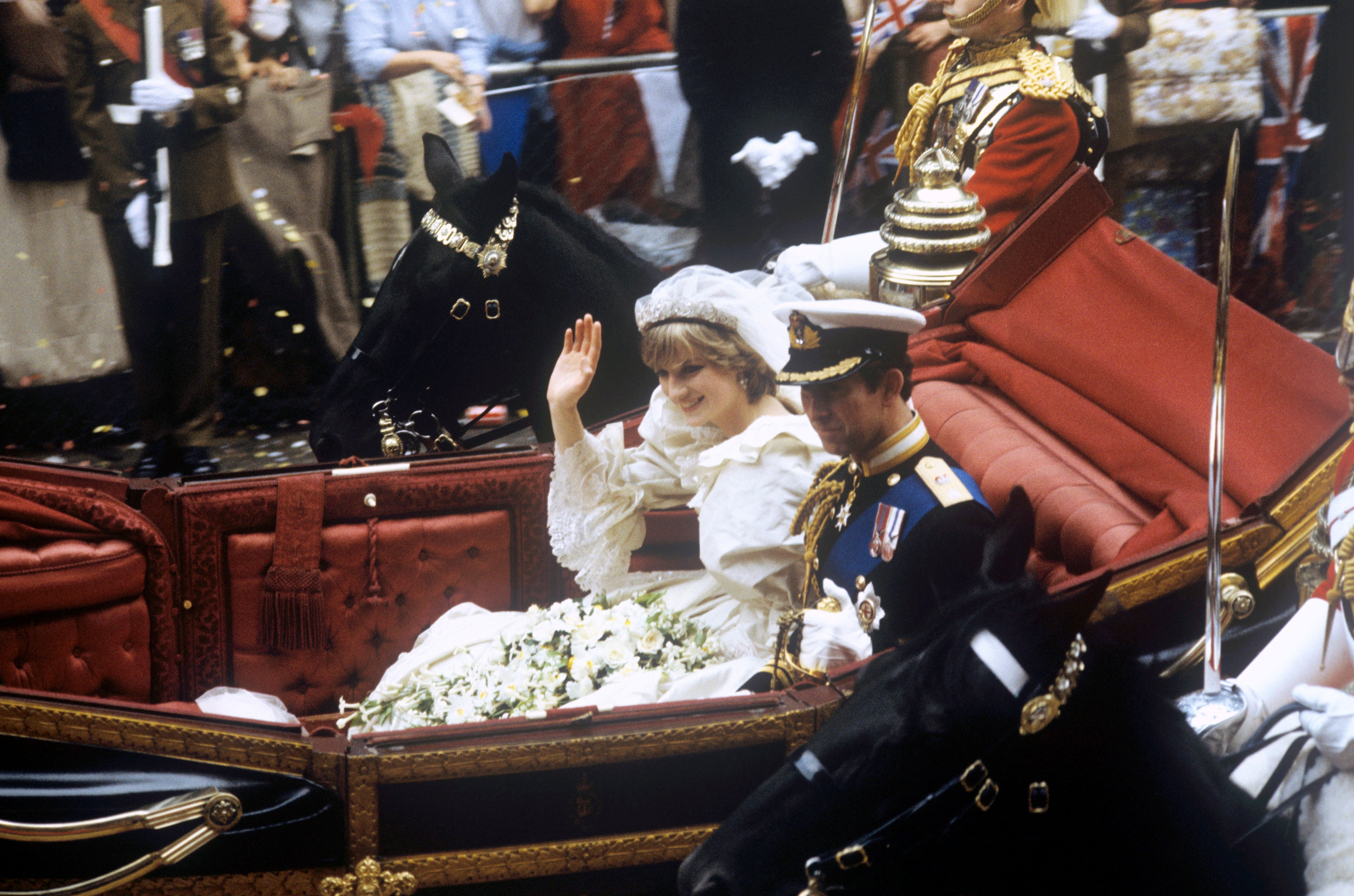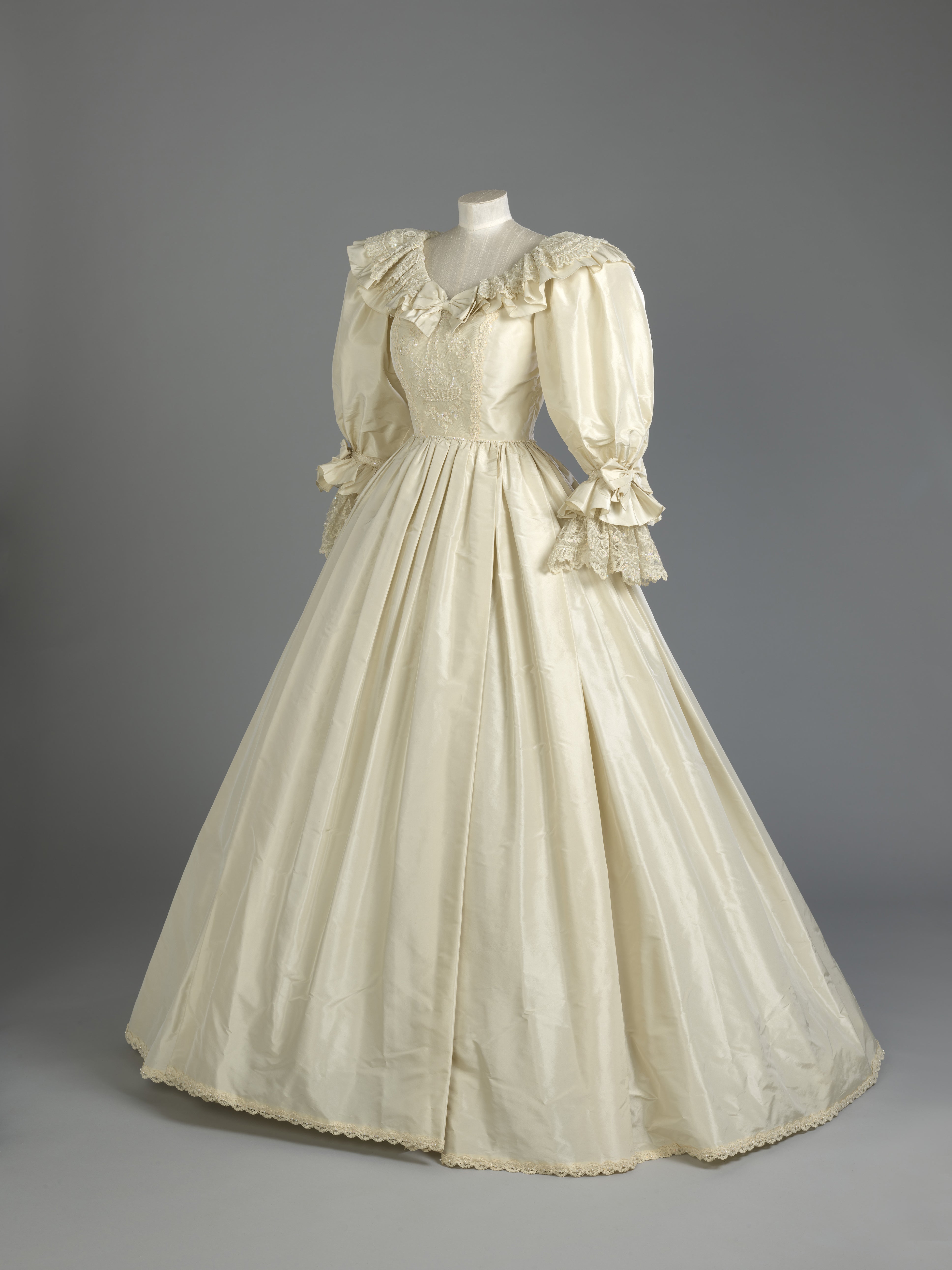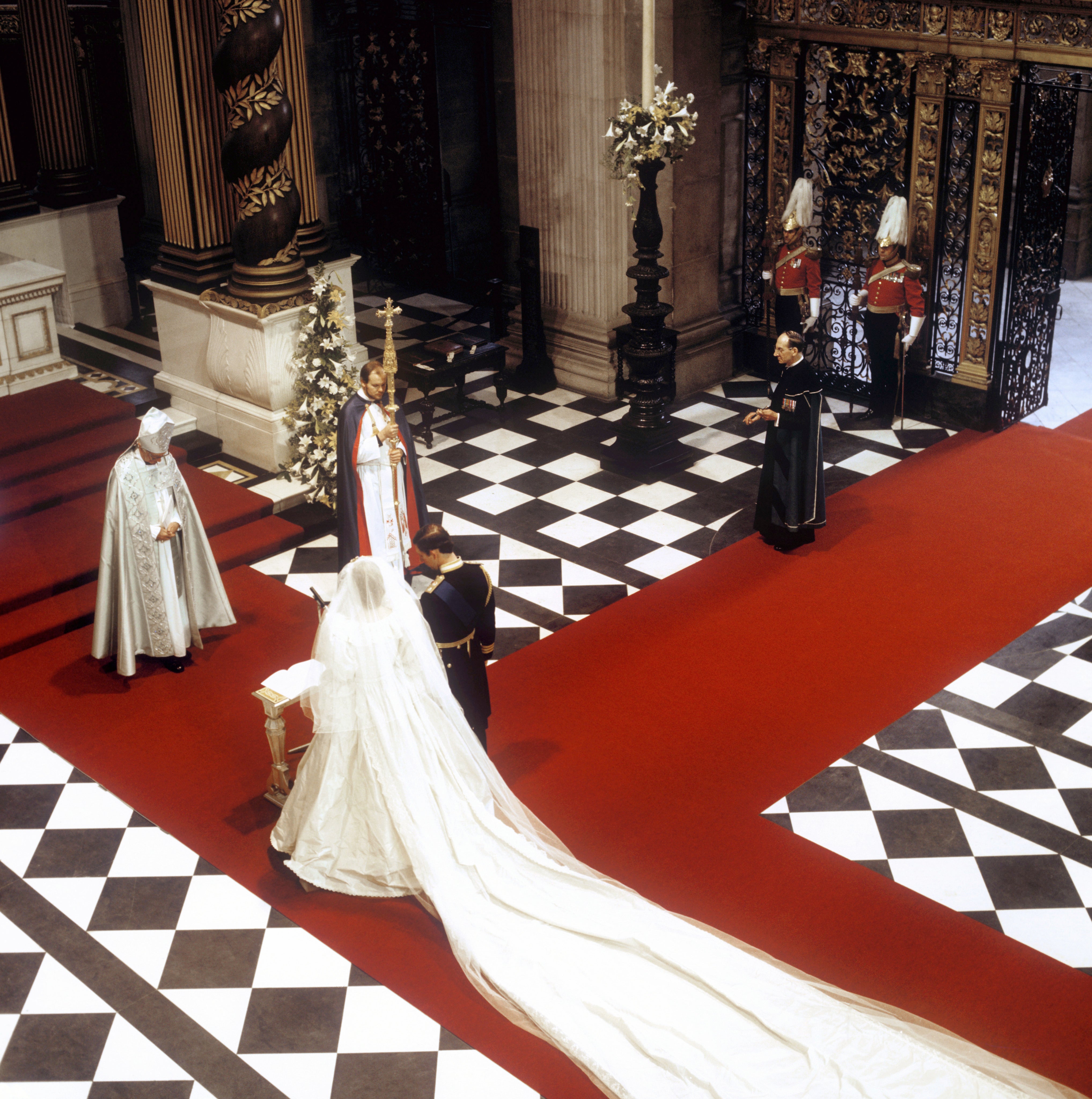5 things you didn’t know about Princess Diana’s wedding dress
The historic gown was worn 40 years ago at the wedding on 29 July 1981

Your support helps us to tell the story
From reproductive rights to climate change to Big Tech, The Independent is on the ground when the story is developing. Whether it's investigating the financials of Elon Musk's pro-Trump PAC or producing our latest documentary, 'The A Word', which shines a light on the American women fighting for reproductive rights, we know how important it is to parse out the facts from the messaging.
At such a critical moment in US history, we need reporters on the ground. Your donation allows us to keep sending journalists to speak to both sides of the story.
The Independent is trusted by Americans across the entire political spectrum. And unlike many other quality news outlets, we choose not to lock Americans out of our reporting and analysis with paywalls. We believe quality journalism should be available to everyone, paid for by those who can afford it.
Your support makes all the difference.It’s one of the most famous and recognisable wedding dresses of all time. Princess Diana’s voluminous bridal gown was seen by an estimated 750 million people worldwide, when they tuned in to watch her marry Prince Charles at St Paul’s Cathedral 40 years ago, on 29 July 1981.
In June, the wedding dress went on display at Kensington Palace, the first time it has been seen in 25 years. Organisers say the garment is “now among the most famous in bridal history”.
But did you know there’s more to this legendary dress than miles of silk-taffeta, a sequin-encrusted train and some very puffy sleeves?
Here are five lesser-known facts about Princess Diana’s wedding gown:
1. Diana hand-picked the designers

David and Elizabeth Emanuel were the husband-and-wife designers behind the famous frock. The couple, who are now divorced, were chosen by Lady Diana Spencer after they’d created several taffeta gowns for her that were well-received by the public and the press. Diana even phoned the designers’ studio herself to ask if they would take on the monumental task.
2. There was a stain on the dress

According to Diana’s make-up artist, Barbara Daly, the soon-to-be princess spilled some Quelques Fleurs perfume on the precious gown on the morning of the wedding. As recounted in Rosalind Coward’s book, Diana: The Portrait, Daly says that to hide the stain, the bride tucked in the front of the dress. Luckily, she also had a large, cascading bouquet to hold as she walked down the aisle.
3. It wasn’t supposed to be so creased

If you’ve ever looked at photos of Diana on her wedding day and wondered ‘was the skirt supposed to be creased like that?’ the answer is no. David Emanuel later revealed he was shocked at how wrinkled the silk-taffeta skirt had become when Diana emerged from the carriage that ferried her to the cathedral.
Interviewed for the documentary, Invitation To A Royal Wedding, he said: “We did know it would crease a bit, but when I saw Diana arrive at St Paul’s and we saw the creases, I actually felt faint. I was horrified really, because there was quite a lot of creasing there and she’s been in this little carriage with her father, who’s quite tall, and she was all crunched in.”
4. The train was a royal record breaker

At 25 feet long (that’s nearly eight metres), Diana’s train was the longest in royal wedding history, and had to be attached to the dress with a specially-made mechanism. For luck, a gold horseshoe charm was concealed inside the waistband.
5. There was also a decoy dress
Keeping the dress secret ahead of the wedding of the century required almost military levels of deception. In case the design did leak to the press, the Emanuels created an alternate gown with a more pronounced neckline and less lace, plus there was a spare skirt, in case of any sartorial emergencies.
Elizabeth Emanuel told Vogue: “Racking our brains for things that could go wrong was a game we played.”
Join our commenting forum
Join thought-provoking conversations, follow other Independent readers and see their replies
Comments